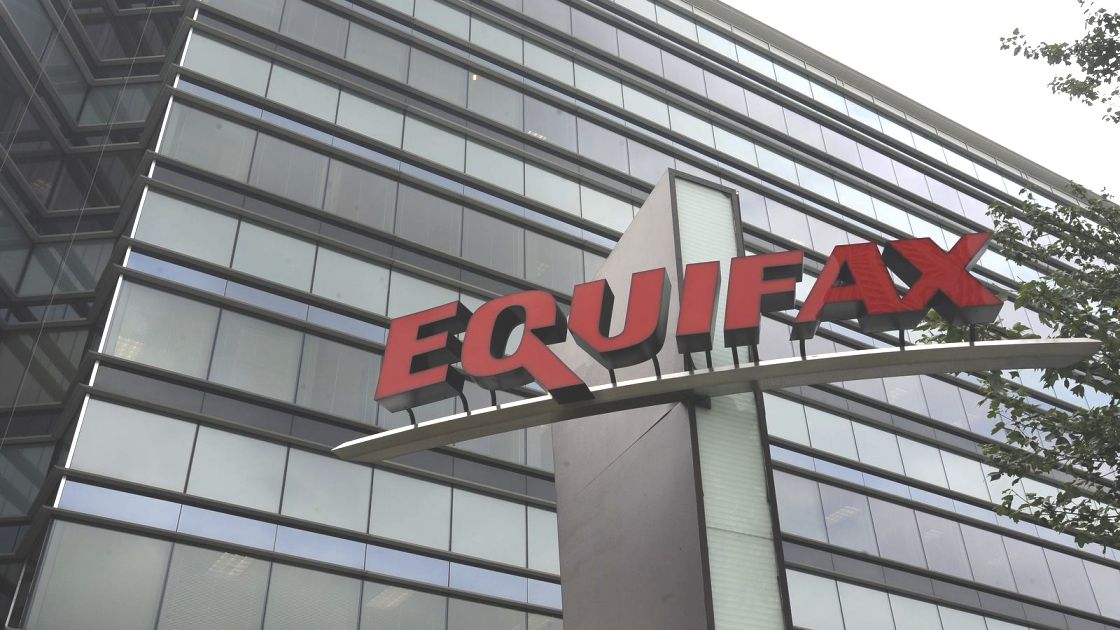How to Freeze Your Credit Report (Step-by-Step Guide for 2025)
Worried about identity theft or unauthorized credit checks? Freezing your credit is one of the simplest and most effective ways to protect yourself.
When your credit report is frozen, lenders can’t access it without your permission—making it much harder for anyone to open new accounts in your name. The best part? It’s completely free and only takes a few minutes.

In this guide, you’ll learn how a credit freeze works, when to consider one, and exactly how to set it up with all three credit bureaus.
What Does It Mean to Freeze Your Credit?
Freezing your credit means locking your credit report so that no one—including lenders—can pull it to evaluate you for new credit. That makes it nearly impossible for identity thieves to open new accounts using your information.
People freeze their credit to reduce the risk of identity theft and stop unauthorized credit checks in their tracks. If someone tries to apply for a loan or credit card in your name, the application will get denied because the lender won’t be able to access your credit report.
It’s important to know that a credit freeze only blocks new credit checks. It doesn’t affect your credit score, and it won’t interfere with existing credit cards, loans, or utility accounts. Your current creditors can still review your credit report for account management purposes, and you’ll still be able to monitor your credit normally.
When Should You Freeze Your Credit?
You don’t have to be a fraud victim to freeze your credit. Many people do it as a preventive measure—and it’s often a smart move.
Here are some situations where it makes sense:
- You’ve been a victim of identity theft – If someone has already stolen your personal information, freezing your credit can stop them from opening new accounts.
- You were affected by a data breach – If your Social Security number or other personal details were exposed, a credit freeze adds a strong layer of protection.
- You’re not planning to apply for new credit – If you don’t need a new credit card, loan, or mortgage anytime soon, there’s no downside to freezing your credit report.
- You’re protecting a child or elderly relative – Minors and seniors are frequent targets for identity theft. Freezing their credit helps stop fraud before it starts.
Freezing your credit doesn’t lock you out of your financial life. You can still open new credit accounts—you’ll just need to temporarily lift the freeze when you’re ready.
How to Freeze Your Credit Report at All Three Credit Bureaus
Each credit bureau—Equifax, Experian, and TransUnion—requires a separate request to freeze your credit report. It’s completely free and typically takes just a few minutes per site. Once your credit report is frozen, no one can access it without your permission, which helps prevent fraud and unauthorized credit activity.
Equifax
What to expect:
- Information required: Your full name, Social Security number, date of birth, current and former addresses, and a valid email address.
- Account setup: You’ll create a PIN or password that you’ll need later to lift or remove the freeze.
Experian
What to expect:
- Account creation: You’ll be asked to create an online account to manage your credit freeze.
- Confirmation: You’ll receive a confirmation via email or through your Experian dashboard once the freeze is active.
TransUnion
What to expect:
- Flexible options: You can freeze your credit report through the website or by downloading the TransUnion mobile app.
- Account management: Once your freeze is in place, you can easily lift or manage it using their online tools or the app.
What You’ll Need to Freeze Your Credit Report
Before starting the freeze process, make sure you have the following information ready:
- Full legal name, date of birth, and Social Security number
- Current address and any past addresses from the last two years
- Copy of a government-issued ID – such as a driver’s license or passport
- Proof of address – such as a utility bill, lease agreement, or bank statement
Some credit bureaus may ask for additional documents to verify your identity, especially if your file has limited information or has been compromised in the past.
How to Lift or Temporarily Thaw Your Credit Freeze
A credit freeze doesn’t lock you out permanently. You can lift or “thaw” your credit report at any time, either temporarily or permanently, depending on your needs.
Here’s how it works:
- Timing: Most online lift requests take effect immediately, though mail requests can take a few days.
- Temporary lifts: You can specify how long the credit report should remain unfrozen—whether it’s for 24 hours, a week, or a specific date range.
- For a specific lender: Some credit bureaus let you lift the freeze for just one company. You’ll need to provide the lender’s name and possibly their contact information.
You’ll need to repeat the process for each credit bureau where you placed a freeze. Make sure to keep your PINs or login credentials safe so you can make changes quickly when needed.
Credit Freeze vs. Credit Lock: What’s the Difference?
Both a credit freeze and a credit lock restrict access to your credit report, but they aren’t the same thing. Here’s how they compare:
| Feature | Credit Freeze | Credit Lock |
|---|---|---|
| Legally mandated | Yes | No |
| Free | Always | May cost |
| Initiated by | Consumer | Bureau or app |
| Best for | Long-term protection | App convenience |
A credit freeze is backed by federal law and is always free. A credit lock is a feature offered by the credit bureau, often through a mobile app or subscription service. While both limit access to your credit report, only a freeze comes with legal protections.
Can You Still Use Your Credit with a Freeze in Place?
Yes, your existing credit accounts will still work normally when your credit report is frozen. You can:
- Use credit cards and loans
- Pay bills
- Monitor your credit score
What you can’t do is open new credit until you lift the freeze. That includes credit cards, auto loans, mortgages, and other credit-based applications.
Does a Credit Freeze Affect Your Credit Score?
Freezing your credit report does not affect your credit score in any way. It also doesn’t change:
- Your credit history
- Your payment activity
- Your credit utilization or existing account access
It’s a security measure, not a credit action—so it won’t hurt or help your credit score.
Freezing a Child’s Credit Report
Children are often targets for identity theft because no one’s watching their credit—until it’s too late. Freezing your child’s credit report can prevent someone from opening fraudulent accounts in their name.
To do this, you’ll need:
- Your child’s full legal name, Social Security number, and birth certificate
- Proof that you are the child’s parent or legal guardian
- Your own government-issued ID
- Proof of your address, such as a utility bill or lease
The process is slightly different from freezing an adult’s credit report. For children under 16, you’ll need to send documentation by mail to each credit bureau. Some bureaus require you to create a credit file for your child first if one doesn’t exist.
Common Myths About Freezing Your Credit
There’s a lot of confusion about what a credit freeze can and can’t do. Let’s clear that up.
- “You can’t apply for anything once frozen” – False. You just need to temporarily lift the freeze when applying for new credit.
- “It costs money” – False. Credit freezes are free at all three credit bureaus.
- “Freezes hurt your score” – False. Your credit score is not affected by a freeze.
Final Thoughts
Freezing your credit report is one of the easiest ways to protect yourself from identity theft. It doesn’t cost anything, and it puts you in control of who can access your credit information. If you’re not applying for new credit anytime soon, there’s no reason not to freeze it.
Whether you're cleaning up after a data breach or just taking a proactive step, a credit freeze adds real protection without affecting your credit score or your current accounts. It’s a smart move that gives you peace of mind with minimal hassle.



